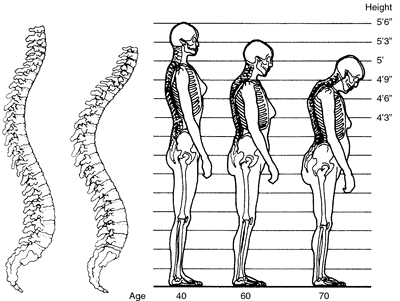However, the seed on the ground is vulnerable to the very birds who could benefit most by leaving the seed alone. A bird could eat the mustard seed lying on the ground and forfeit future branches and future seed that this seed would produce. How often do we eat our seed instead of investing it for future benefit? The bird who eats the seed often destroys it. The synagogue ruler did not want the practice of Jesus, i.e. healing on the Sabbath, to become the norm. He did not want this mustard seed of example to turn into a tree. So he sought to devour the seed and to render Jesus' example null and void. It was too late. The vulnerable seed on the ground was already germinating in the hearts of the crowd. They were already beginning to nest in its branches. It is also true that even when birds do devour plants, they often inadvertently spread the seeds through their droppings. Acts 8 is a good example of how those who tried to destroy the faith only spread it, and the very one who tried the most to stop its spread was the very one God used to spread it throughout the Gentile world. Ironic isn't it?
Now the leaven is more subtle. It is not visible. It is hidden in the meal. It will so integrate with the meal that you will not be able to tell one from the other. This is the secret workings of the kingdom. We often do not know what effect something has until years later. We don't see how a word hidden in some one's heart is growing and what it might produce. The evangelism of Acts 2 which resulted in 3000 baptisms was outward and dramatic. The teaching of Eunice and Lois hidden in the heart of young Timothy was more subtle. Which had more kingdom effect, Peter's one sermon or Timothy's life?
The lesson is clear. Both visible and invisible means are used by God to further the kingdom. A bold act may produce dramatic results. A secret kindness may also. We know the reaction of the synagogue ruler and the healed woman, but was there a little child there in the crowd that day who saw, heard, and never forgot, and who grew up to change the world more than all the others? God knows. For us, we must never stop throwing seed into the garden and hiding yeast in the meal.
